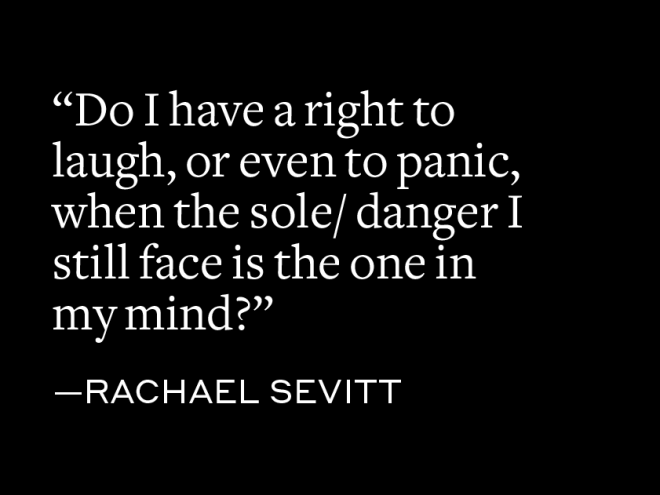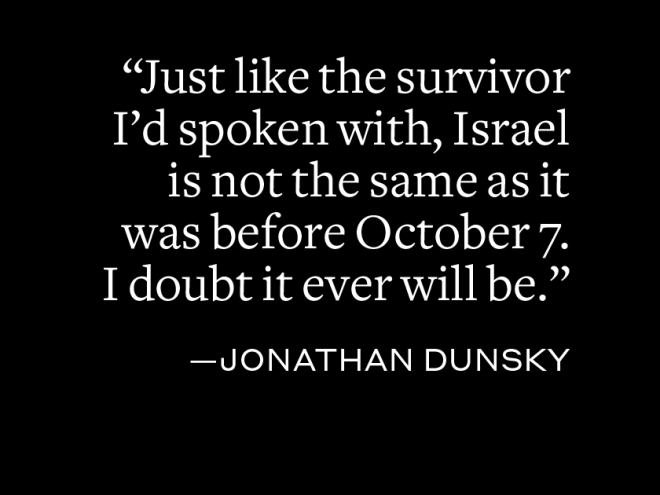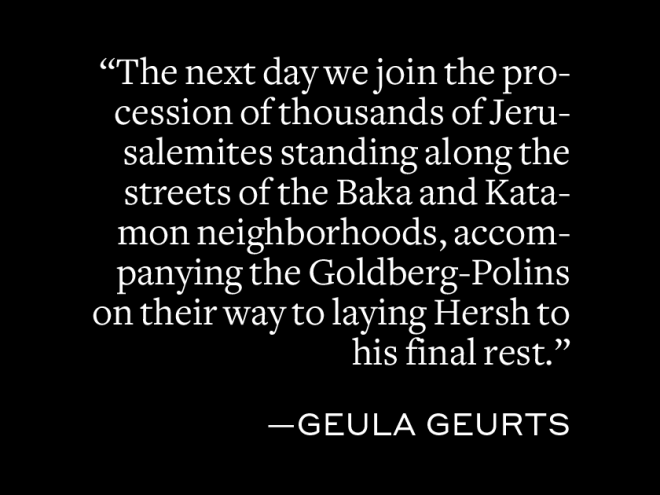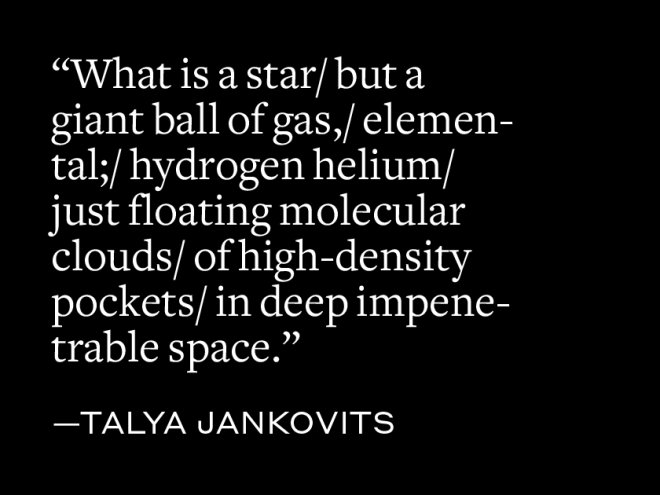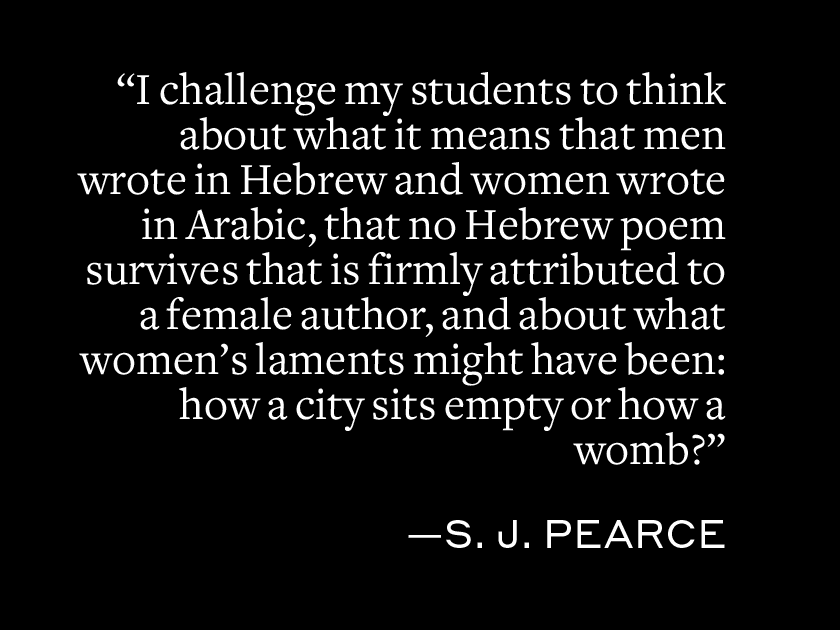
This piece is part of our Witnessing series, which shares pieces from Israeli authors and authors in Israel, as well as the experiences of Jewish writers around the globe in the aftermath of October 7th.
It is critical to understand history not just through the books that will be written later, but also through the first-hand testimonies and real-time accounting of events as they occur. At Jewish Book Council, we understand the value of these written testimonials and of sharing these individual experiences. It’s more important now than ever to give space to these voices and narratives.
In collaboration with the Jewish Book Council, JBI is recording these pieces to increase the accessibility of these accounts for individuals who are blind, have low vision or are print disabled.
After the plaintive poetic declaration turned popular aphorism “My heart is in the east and I am in the depths of the west,” the second-most famous line composed by the twelfth-century Hebrew poet Judah Halevi is this one: “Won’t you ask, Zion, how your captives are faring?”
Following the demand of this first line, the poem continues:
— this last remnant of your flock who seek
your peace with all their being?
from west and east, from north and south —
from those near and far,
from all corners — accept these greetings,
and from desire’s captive, this blessing (trans. Peter Cole).
Written from Halevi’s redoubt on the Iberian Peninsula, then the western edge of the known world, this poem is a Zionide, an ode and a lament over a Jerusalem lost to Jews, to a Zion that is at once only a metaphor and not a metaphor at all.
The Jews of al-Andalus — medieval Spain — traced their roots back to the population of Judeans that was exiled from Jerusalem and resettled in the Babylonian empire following the destruction of the first temple in the year 587 B.C.E. They understood the penultimate verse of the biblical book of Obadiah — “the exiles from Jerusalem who are in Sefarad will inherit the towns of the Negev” — to refer to them; Sefarad in the Hebrew Bible refers to the Turkish town of Sardis, where there were Judean deportees. But by the height of the Middle Ages, Jewish commentators reanalyzed it and came to understand it as a reference to their Spain. A Jerusalemite heritage gave them prestige and a focus for their longing.
I usually teach this material in university-level classes on literature and cultural history. The last time I taught this poetry was the second week of October, 2023.
I walk students through how epics of war allowed Jewish poet-viziers to paint the enemies of the Islamic city-states where they served as identical to the biblical enemies of Israel, asserting by analogy that they themselves could be fully Jewish while also being fully loyal in serving an Andalusi king. We look at the grief that moves from piercing to dull in the cycle of laments for poets’ young brothers and sons who predeceased them. I challenge my students to think about what it means that men wrote in Hebrew and women wrote in Arabic, that no Hebrew poem survives that is firmly attributed to a female author, and about what women’s laments might have been: how a city sits empty or how a womb?
In that last fall semester I was in the classroom, though, I did a terrible job with these poems. I talked around everything important because I just didn’t want to talk about anything important. I didn’t want to have to explain that Zion to a medieval Jew is something different than it is today, but not entirely. That it is a poetic device but also a real place and Judah Halevi wanted it so badly that he died leaving somewhere better to reach it, that his friends marveled that he would leave the new Zion, the true Zion, al-Andalus. I did not want to talk about the metaphor of captivity that appears in the poem’s seventh line nor about Halevi’s role as a community leader who raised ransoms to redeemed captives seized by pirates on commercial routes and for leverage by the Crown of Castile itself. In a large lecture class I couldn’t gauge the temperature of the room and I wasn’t sure I’d be able to keep control of a discussion that I normally facilitate well. A colleague posted on Facebook that he teared up that week in the seminar he was teaching on Andalusi poetry at his college. He succeeded where I failed because even though neither of us managed to teach much poetry that week, he let his students see that the impact of medieval poetry has not diminished, that poetry can have an effect.
My students learned it anyway, and not from me when top-level administrators at my university ejected faculty from the library where they were holding a reading of poetry by Palestinian writers because poetry is a security threat. Even in a library. Maybe especially in a library.
By the third week of October I was unexpectedly hospitalized with pregnancy complications in a country that is increasingly criminalizing negative pregnancy outcomes. I did not finish the teaching semester and my son was born by unplanned caesarean section six weeks early. A semester of maternity leave was followed by a long-planned sabbatical. I will return to the classroom this fall, September 2025.
At my two-week postpartum visit I asked the nurse practitioner in my obstetrician’s office: “I don’t remember who it was but I heard someone in the operating room say that my pelvic structure was not conducive to a vaginal delivery. What does that mean?”
“Well,” she said, “for starters, it means that in the olden days, you would have —”
“I know,” I interrupted without looking at her. That wasn’t what I wanted to know. I am still learning not to ask questions when I am not prepared to accept any answer that might come.
In what should have been the final month of my pregnancy I stood in a pediatric ward carrying my son ex utero, holding him in a picture window squarely framing the illuminated Empire State Building. I thought of women in Israel holding premature babies in hospital rooms lighted by rocket blasts or artificial bomb shelter lighting rather than architectonic monuments to the taming of nature. I thought of a friend whose daughter is now in the army herself and who had been denied an epidural while giving birth to her because she went into labor on the night of a suicide bombing and so all the anesthesiologists were otherwise occupied. A week before my original due date at the end of November, the New York Times published a report on the conditions for Palestinian women giving birth in Gaza. If I had been in Gaza in October, whether as hostage or resident, I would have died. If the past is a foreign country where they do things differently, then my nurse practitioner’s olden days are war.
Over a year later I cannot look at pictures taken in the first days of the life of my red-haired boy without becoming lightheaded and nauseated, without needing to my plant my bare feet on the cold floor to remember that I am still here, without hurting for how small and sick he was, how yellow his skin, how great the questions about his gut and his heart. I cannot look at those pictures even knowing that, against a firmament of possibility, he wasn’t all that small or all that sick.
A scholar at the margins of my academic field who lost custody of her son in divorce proceedings posts graphic photographs of dead Palestinian babies and children throughout the day, every day, on social media. I suspect those children are, at least in part, a proxy, easier to grieve.
I would fail at founding a new religion. If it had been Sarah, my namesake, instead of Abraham instructed: take your son — your only son, the one you love — and take him up to the land of Moriah as a sacrifice, if that, then there would be no covenant. Sarah would have wrangled and not complied. She would have talked back. Her unchosen nation would be called Tisrael — she wrestles with God and she wins. If it were up to Sarah and not to Abraham to pass the test, not to Jephthah who slayed his own daughter to fulfil a too-vague vow, there would be no covenant, no oath fulfilled, no Israelites, no Judaism, no chosen people or promised land, no Zion, no poetry.
It wasn’t until modernity that a woman poet, Shva Shalhoov, picked up Judah Halevi’s mantle:
Dear Zion,
Let me begin by asking: How are you? How are you feeling?
Is everything okay? And what is the fate of
the captives — yours.
The Palestinians — yours.
The Jews — yours.
Tell me: How are the children?
Zion, won’t you ask after my fate? I don’t feel so well.
My right hand has withered, the nerve is inflamed.
Don’t ask. (trans. S.J. Pearce)
Zion, won’t you ask after the fate of your captives? The reference is clear enough. And so is a second: The image of the withered hand calls up Psalm 137, the lament of the exiles of Jerusalem who were in Sefarad and elsewhere: “By the rivers of Babylon we sat, and we wept, and we thought of Zion… If I forget thee, O Jerusalem, let my right hand wither” (Psalm 137:1 and 5, JPS translation).
A story I had heard as a child about a group of families fleeing the Nazis came incongruously, disturbingly, suddenly to mind in the days after my son was born: a baby was crying in the night and one of the men in the escape party smashed its head against some rocks so its cries would not give away their position and consign all of them to a death camp. As a child, I didn’t understand how that could be a hard choice. To my young mind, what was a baby, really, anyway, and you could always have another one just like it, so how could it be difficult to sacrifice one baby to save people with real consciousness, personalities, and aspirations? Psalm 137 continues: “Fair Babylon, you predator, a blessing on him who repays you in kind for what you have Inflicted on us; a blessing on him who seizes your babies and dashes them against the rocks!” (Psalm 137:8 – 9). Only now, having seen my own child’s thirst for life develop and grow, can I fully understand the poetry, the force of the curse in these two verses of the psalm, and what an atrocious choice the members of that escape party had to make even as there was no choice at all.
Judah Halevi has, since long before October 7, grabbed at my students from the page. Talking through the religious-historical background to Judah Halevi’s philosophical thinking about ten years ago, I mentioned that many of his ideas came from thinkers who belong to a Shiite Muslim group known as Ismailis. One student’s face lit up and she almost squeaked with delight as she exclaimed spontaneously to her classmates: “I am Ismaili!” This suddenly forged personal connection gave her a guidewire through the text: a clear route to follow and one that she was motivated to hold fast by her curiosity about her own life and the intellectual life and history of her religious community. It afforded her a way to read with a focus and coherence that are sometimes hard for college students to achieve in medieval texts that are objectively difficult and that can seem so distant and alien to them. Later, as we discussed Halevi’s development of the idea that Judaism was a kind of superiority transmitted by blood, an idea that looks an awful lot like modern racial bias, another student spoke up, almost inaudibly and barely looking up from her notebook: “I just want to make it clear,” she said, “that even though I’m Jewish I don’t agree with this.” When I suggested that she was not personally responsible for every idea ever held by one of her correligionists, she replied: “Sometimes it feels like I am.” In a political climate in which members of religious and racial minority groups were already often asked to account for the views and actions of people who might look or pray like them but share little else in common, she wanted there to be no question: Judah Halevi was her brethren but not her fellow.
I return to teaching medieval literature in a matter of weeks with a more profound and personal sense of the stakes of the text than I have ever brought to the classroom: fate, captivity, and when not to ask. I hardly want to utter the word Zion in the classroom but the poetry of Judah Halevi and his heirs offers a model of the tensions that are still unresolvable, a proving ground where we can sit with contradiction. I hope that my students will still be able to read with Halevi as a partner in thinking but I’m not confident about how that will go.
“Is everything okay?” Shva Shalhoov’s latter-day Halevi wonders. “Don’t ask.”
The views and opinions expressed above are those of the author, based on their observations and experiences.
Support the work of Jewish Book Council and become a member today.
S.J. Pearce is an associate professor in the Department of Spanish and Portuguese at New York University. She researches and teaches the cultural history of the Arabic-speaking Jews of medieval Spain. This essay is excerpted from a longer piece on the author’s experience as a high-risk obstetric patient after the overturn of Roe v. Wade.
